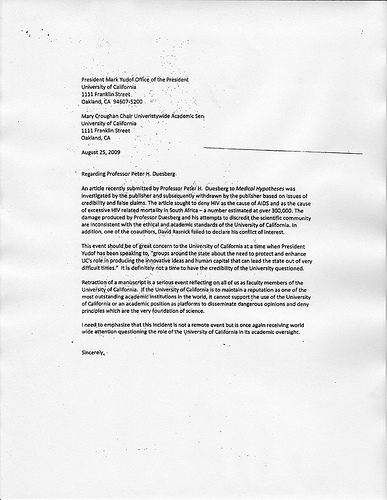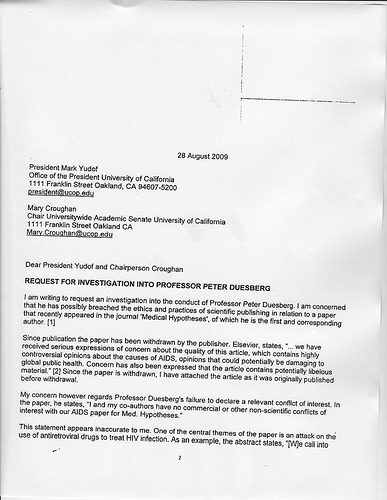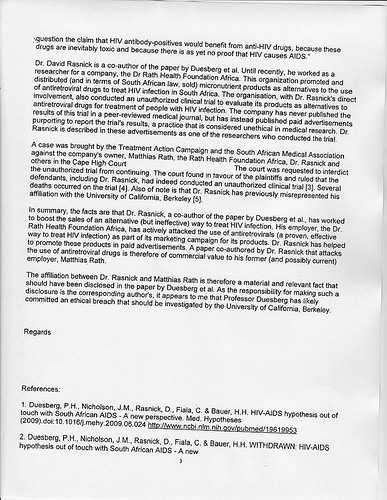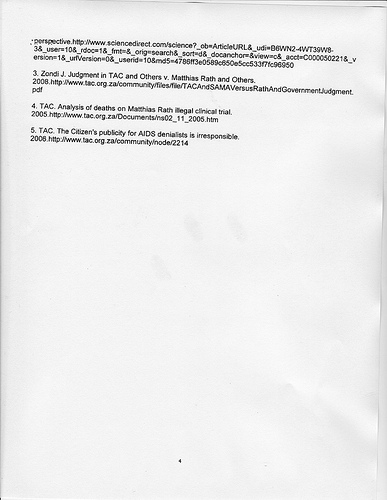Here’s the last paragraph of a New York Times book review by Janet Maslin:
“The Publisher” [a biography of Henry Luce] has its parched passages, most notably when it ventures into the thickets of Luce’s “big” ideas. It works best when the man is well within sight. But Mr. Brinkley is dauntless in assessing Luce’s most important accomplishments, like his “American Century” essay and other efforts to tell Americans what American life was like. Life magazine had no temerity about devoting a major series in the 1950s to “Man’s New World: How He Lives in It.” Now that Man’s New World is so different from anything Henry Luce could imagine, his life and times are more poignant than they once seemed.
As I read this, I wondered if English was my native language. It was so hard to understand. Then I wondered if New York Times writers are paid by the big word. “Parched”? “Thickets? At least I know what that sentence means. I don’t know what she means by “Mr. Brinkley is dauntless in assessing…” — dauntless means fearless. Nor do I understand what “Life magazine had no temerity about” means. Temerity means recklessness or boldness. The logic of the last sentence (“Now that . . . “) with its big word poignant also escapes me.
Perhaps Maslin has found that if she writes like this her editors will edit her less, not being quite sure what those words mean. I attended many talks at UC Berkeley in which the speaker left out crucial information, such as the meaning of the y axis of a graph. And, virtually every time, no one asked about it – not even the four or five professors present. Gradually I realized why: They were insecure.




